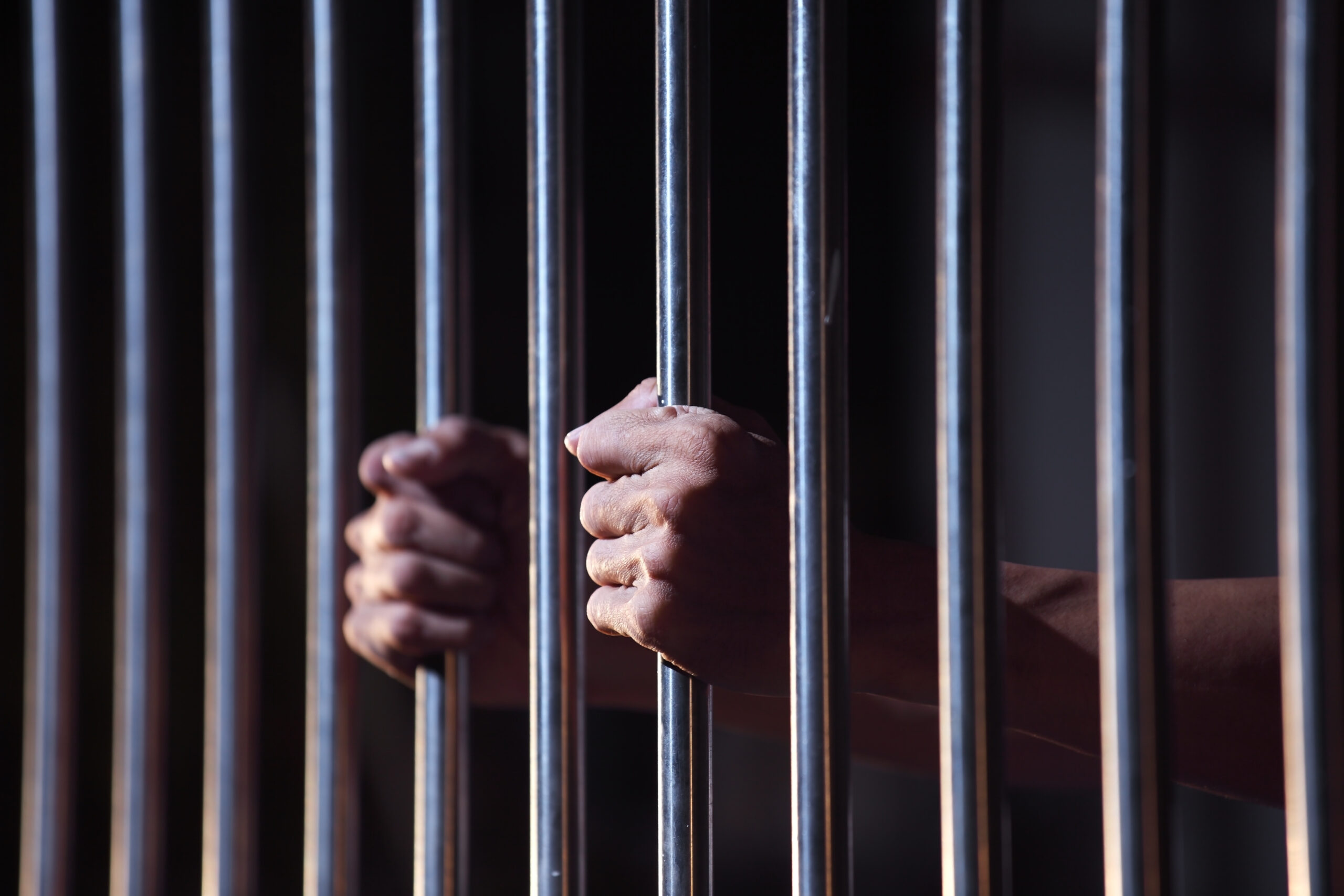Driving While Intoxicated (DWI) constitutes a serious offense that poses a significant threat to public safety. Consequently, the court may impose a period of incarceration, intending it to serve as a deterrent and a means of promoting rehabilitation. This potential jail sentence is in addition to other sanctions, which may include substantial fines, driver’s license suspension, mandatory community service hours, and various other penalties. Please continue reading to learn more about the potential length of a jail sentence and how an experienced Dallas DWI Lawyer can endeavor to minimize or eliminate this penalty.
How Long Will I Go to Jail for a DWI Offense in Texas?
The duration of a jail sentence for a DWI offense is contingent upon the specific circumstances of the infraction, primarily whether this is a first or subsequent conviction. In the state of Texas, a first-offense DWI typically carries a maximum sentence of 180 days of incarceration. A first offense is typically classified as a Class B misdemeanor. It can also result in fines of up to $2,000 and a license suspension for up to one year.
Nevertheless, a blood alcohol concentration (BAC) of 0.15% or higher may result in an increased jail sentence of up to one year. A second offense constitutes a Class A misdemeanor, which is punishable by up to one year in jail with a mandatory minimum of three days, driver’s license suspension for up to two years, and a fine of up to $4,000.
Furthermore, a third or subsequent DWI is a felony offense with potential imprisonment time between two and ten years and fines of up to $10,000. It’s important to note that if you have an open container of alcohol in your vehicle at the time of your arrest, it could lead to additional penalties, including time behind bars.
What if I Caused a Car Accident While Intoxicated?
If a DWI in Texas results in an accident causing serious bodily injury or death, it could lead to felony charges and harsher consequences. If you cause a fatal accident, you can be charged with Intoxication Manslaughter, which is a second-degree felony, punishable by a prison sentence of up to 20 years and a fine of up to $10,000. While the standard guideline is 2 to 20 years for this offense, certain circumstances can elevate the charge to a first-degree felony.
Given the complexity and severity of DWI penalties in Texas, it’s imperative that you carefully consider the experience of your attorney when selecting legal representation. At Spangler Law, we are prepared to help protect your freedom. Connect with our firm today for guidance during these difficult times.



